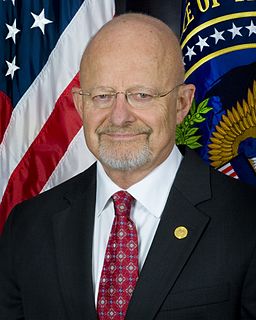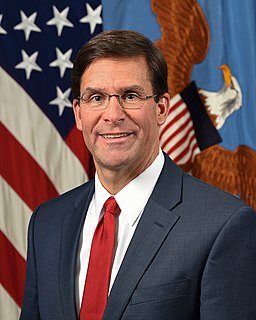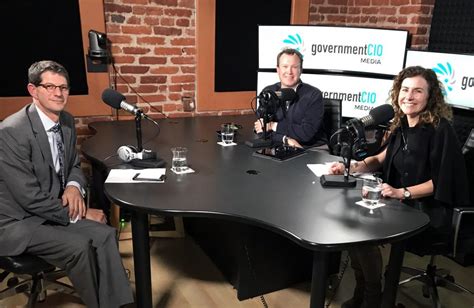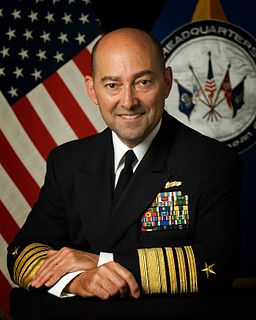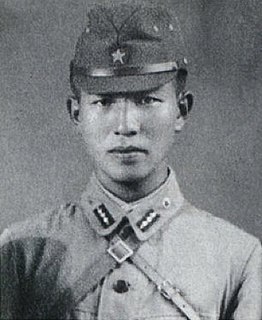A Quote by James R. Clapper
The two most capable nation state adversaries in the cyber domain are clearly Russia and, of course, China. And I do think Russia poses a huge threat in the way they have used the cyber domain. That, to me, by the way, is the big issue here, is Russian interference in our political process, in our election process. And that is an egregious act by them. And they will continue to do that and I think more aggressively than they have in the past. And I think it's something Americans, all American citizens need to be aware of.
Quote Topics
Act
Adversaries
American
American Citizen
American Citizens
Aware
Big
Capable
China
Citizens
Clearly
Continue
Course
Cyber
Domain
Election
Election Process
Huge
In The Past
Interference
Issue
Me
More
Most
Nation
Need
Our
Past
Political
Political Process
Poses
Process
Russia
Russian
Something
State
Than
Them
Think
Threat
Two
Used
Way
Will
Related Quotes
I think that all of the cyber attacks that are taking place, but particularly this - the Russian one, had a profound impact on the American system, on our political process, on our - it invaded the space of our election. The releasing on a regular basis of one party's stolen emails had an impact, and I think that other things also had an impact.
We do know from our intelligence community that Russia had a design to discredit the U.S. elections, and took sides in favor of Mr. Donald Trump over Hillary Clinton. We do now that they engaged individuals and entities to do cyber-attacks to get as much information as they possibly could, and of course, also used WikiLeaks to accumulate information, and released it in a strategic way that could affect our election, and certainly the credibility of our election.
I think cyber security, cyber warfare will be one of the biggest challenges facing the next president, because clearly we're facing at this point two different kinds of adversaries. There are the independent hacking groups that do it mostly for commercial reasons to try to steal information that they can use to make money.
Cyber attacks from foreign governments, especially China, Russia, North Korea along with non-state terrorist actors and organized criminal groups constitute one of our most critical national security concerns. They're leaning everything about us and we don't have - wanna have any servers in the basements, by the way folks.
I think grief is a huge subject; it's one of the things that everybody is going to confront in one way or another. There's been a lot of books written about how Americans have an odd way of trying to defer grief or minimize the need to grieve. People used to have a lot more ritual grief in their lives. For the most part, we think of it as a strictly temporal process: you grieve for a time and then you're over [it], but it's also a spatial process. It travels across a map.
The wheel of government will continue to work, even as these people come in and we wait for them, but the issue is, there's always one thing, that a new administration confronts.For the Bush administration, it was terrorism. For this administration, it's going to be cyber-security, not Russian hacking. That's a symptom of the bigger problem, but the bigger issue of cyber, how they deal with that. So, we may see something else we're not anticipating. That's going to be their challenge.
In terms of my conversations with [Vladimir] Putin, these are conversations that took place before the election. As I indicated, there has been very clear proof that they have engaged in cyber attacks. This isn't new. It's not unique to Russia. There are a number of states where we've seen low-level cyber attacks and industrial espionage and, you know, other behavior that we think should be out of bounds.
